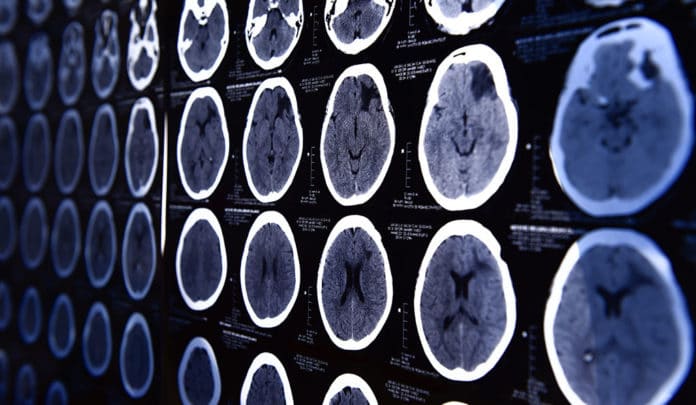Hypertension is the strongest risk factor for spontaneous intracerebral hemorrhage (ICH) involving deep brain regions, but it appears to be unknown if intensive blood pressure reduction in the acute care setting decreases hematoma expansion or improves outcomes in patients with deep ICH.
So, Yale scientists in a new study decided to determine if intensive blood pressure reduction decreases the risk of hematoma expansion and improves outcomes in patients with deep intracerebral hemorrhage.
They found that intensive blood pressure lowering may reduce the amount of bleeding in deep areas of the brain in patients with the condition.
Audrey Leasure, a second-year medical student at the Yale School of Medicine and lead author of the study said, “This analysis demonstrates biological proof-of-concept of intensive blood pressure reduction as a therapy for intracerebral hemorrhage.”
She said, “Larger studies of the subset of patients with damage to those areas of the brain may show improved therapeutic outcomes from intensive blood pressure reduction and that the specific location of brain injury should be incorporated into the design of future trials of a brain hemorrhage.”
This study, an exploratory analysis of the Antihypertensive Treatment of Acute Cerebral Hemorrhage–2 international, multicenter randomized clinical trial, was conducted from May 2011 to September 2015, enrolled eligible patients with primary ICH, and followed up with them for 90 days. Patients who had ICH and complete neuroimaging data were included in the analysis. Data analysis was completed from July 2018 to December 2018.
The study is published in the journal JAMA Neurology.
